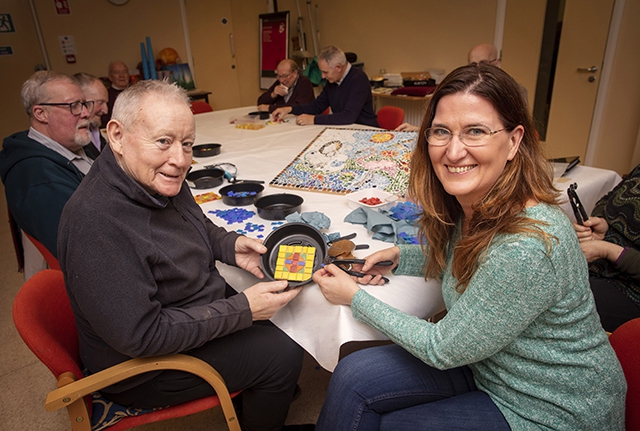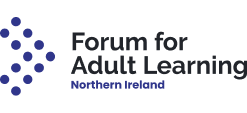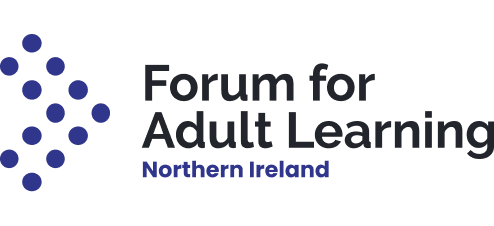
Older age, and particularly our perception of older age, should not be an obstacle to people living active and fulfilling lives.
In recognition of this, the Arts Council of Northern Ireland in 2010 developed the Arts & Older People’s Programme with partners The Baring Foundation and the PHA. Working with the health and social care services and local arts organisations, we have unlocked new ways to encourage active ageing and lifelong learning, of challenging ageism and prejudice, and targeting some of the root causes of poor wellbeing and mental health, such as poverty, isolation and loneliness.
We faced some serious challenges, not least of which was the fact that 48 percent of over-65s in Northern Ireland were not attending arts events and 80 percent were not participating in any arts activity whatsoever. There was a widespread perception which we had to overcome, of the arts as ‘not for me’.
We trained artists to work with older people and made sure to involve older people in the planning process, to ensure that activities are tailored to their needs. We promoted a multi-sectoral approach, so that greater sharing of knowledge and resources would be encouraged and effective new partnerships and additional services be delivered. We work with a wide range of delivery partners, care providers, councils, health and care trusts and other related organisations, such as the Alzheimer’s Society, Age NI, Men’s Sheds and Northern Ireland Hospice. They have all seen their work uplifted and transformed by the creative inspiration of musicians, dancers, artists, circus performers and storytellers.
Over the course of the last decade, the Arts & Older People Programme has supported more than 150 projects, engaging 22,500 older people in arts activities ranging from intergenerational storytelling to yarn bombing and even stilt walking. The range of creative activities is as varied, diverse and surprising as the people who are taking part in them. We have challenged outdated and unhelpful stereotypes of older people and what they might be interested in, or indeed capable of doing, and the result, participants tell us, has been both liberating and empowering.
After taking part in the programme, over three-quarters of our participants told us that they wanted more to do with the arts and that they had gained the confidence to try new things, with more than half going on to join other groups and activities. The process of being involved in shared creative learning experiences led to the development of new skills, new friendships, new interests, and a renewed sense of direction and purpose in life. All of this, and all the while enjoying the kind of fun that only comes with being creative!


Leave a Review